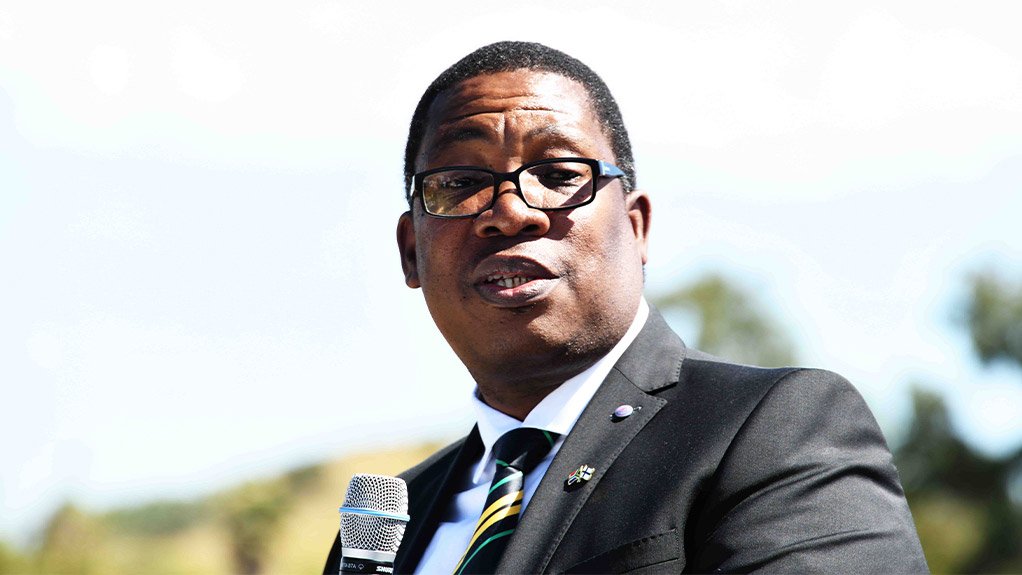As Gauteng braces for a looming water crisis, civil rights group AfriForum has sounded the alarm, attributing the impending disaster to severe municipal decay and the apparent inaction of Premier Panyaza Lesufi. The organisation argues that Lesufi’s failure to implement crucial Article 139 interventions in underperforming municipalities demonstrates his inadequacy in addressing the province’s pressing issues.
Calls for National Intervention
AfriForum believes that only a national government intervention and Lesufi’s removal can avert a crisis that threatens South Africa’s economic hub. Morné Mostert, the manager of local government affairs at AfriForum, stated, “Lesufi’s inability to resolve problems in the province cannot be continued at the expense of the province’s residents. That is why the national government’s intervention is essential. Lesufi’s removal from this critical position is now the only way out.”
The urgency of this situation has been highlighted by the recent Auditor-General’s report, which reveals alarming levels of financial mismanagement, governance failures, and deteriorating infrastructure within Gauteng municipalities. Shockingly, nearly 80% of these entities received unqualified audit opinions, raising serious concerns about their operational efficiency.
A Focus on Specific Municipalities
AfriForum has pointed fingers at specific municipalities, particularly Emfuleni and Merafong, which have been under Section 139 interventions for years without any substantial improvements. Mostert emphasized that residents continue to suffer from persistent issues, such as inadequate water supply, potholes, and ineffective waste removal services. In the case of Emfuleni, the municipality owes Eskom over R8 billion, further complicating its financial woes amid widespread corruption.
“Gauteng’s infrastructure challenges are compounded by poorly planned and delayed projects,” Mostert noted, revealing that there are currently 45 infrastructure initiatives stalled in the province. He also mentioned that municipalities are spending less than 8% of their asset values on crucial repairs and maintenance, significantly below Treasury guidelines.
A Warning for the Future
Mostert cautioned that “Lesufi’s administration is in danger of forcing Gauteng over the brink of collapse, where basic services such as clean water, sanitation, and waste management are no longer guaranteed.” He further warned that without a coherent strategy to tackle these systemic issues, Gauteng is inevitably heading towards disaster.
The future of Gauteng’s water supply and basic services hangs in the balance, and the pressure mounts on Premier Lesufi to act decisively. With calls for his removal growing louder, the province’s residents can only hope for a swift resolution to avert a looming crisis.











